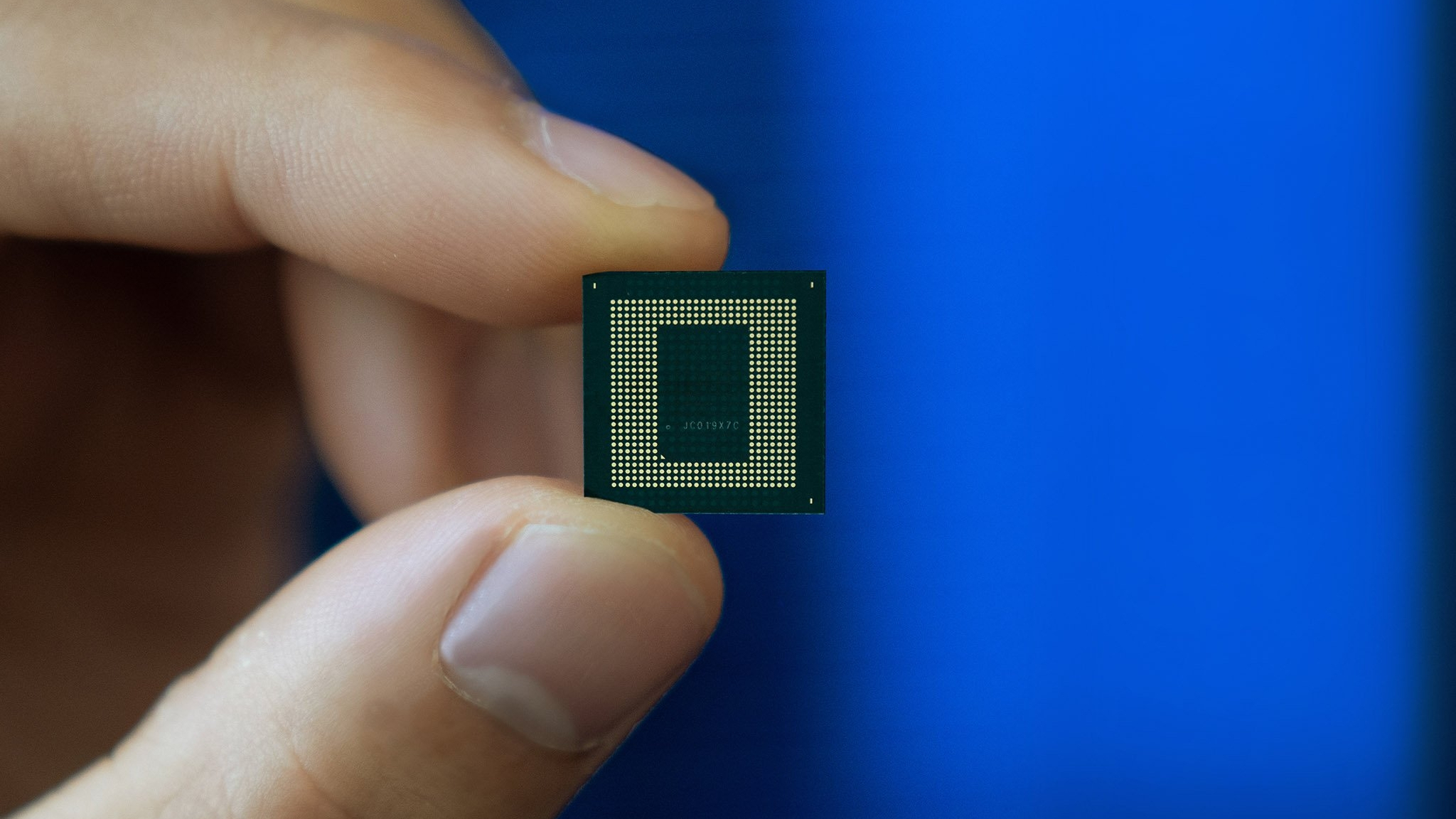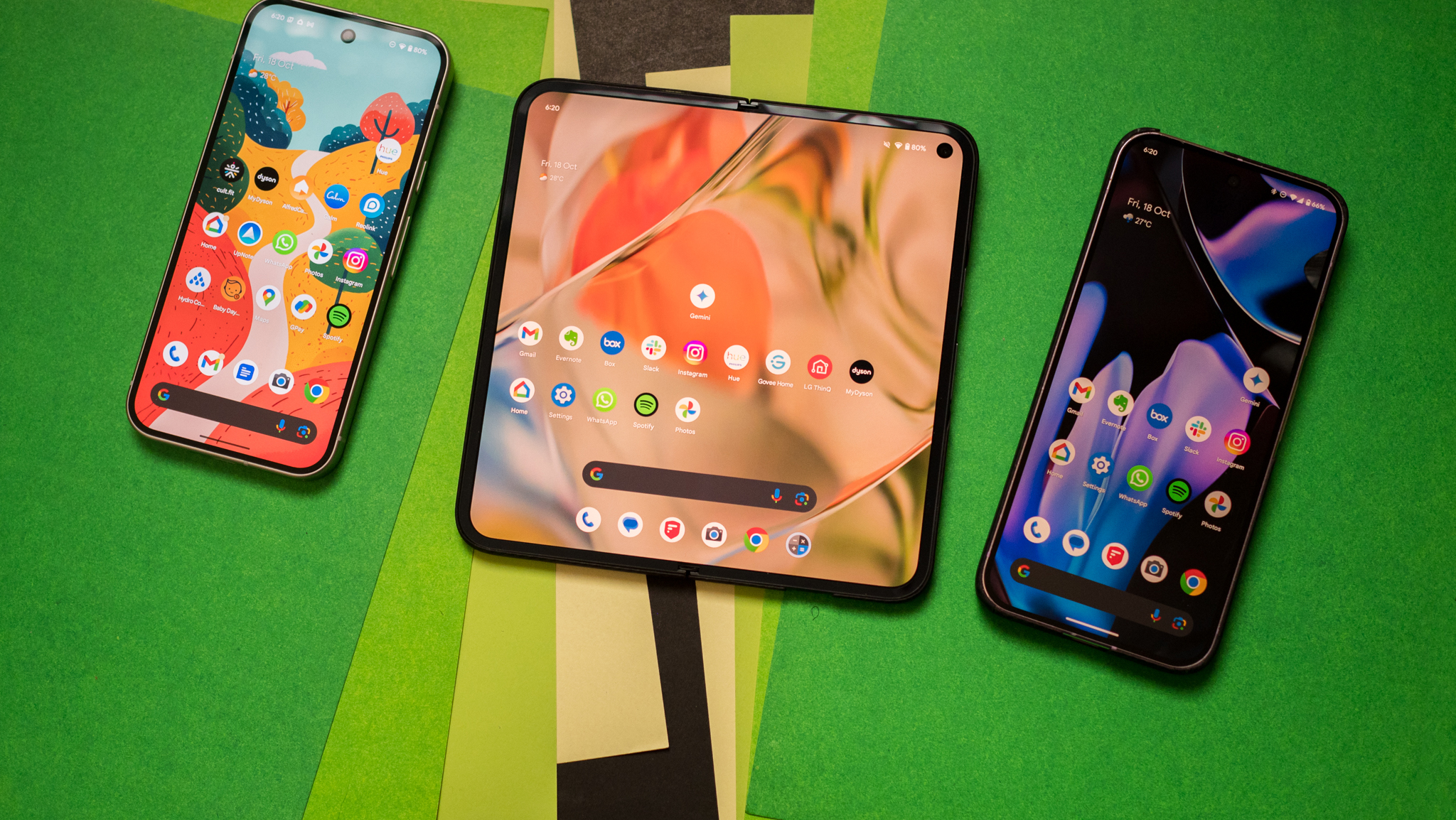CHIPS and Science Act to boost ailing semiconductor industry
This means more investment in U.S. manufacturing.

What you need to know
- President Biden has signed the CHIPS and Science Act into law.
- This includes $52 billion going towards semiconductor manufacturing, research, and development.
- The chip shortage has affected several industries, including the smartphone industry.
The landmark CHIPS and Science Act was signed into law this week by President Biden. The $280 billion package is set to supercharge the semiconductor industry, which has been struggling for the past couple of years.
The CHIPS and Science Act will allocate $52 billion toward semiconductor manufacturing, research, and development. This will help boost production as the industry tries to bounce back from the global shortage that has affected several industries.
As smartphone demand rises, companies like Qualcomm have to maneuver the growing 5G market. Just this year, the company unveiled the new Snapdragon 8+ Gen 1 chipset, which is manufactured by Taiwanese chipmaker TSMC. The CHIPS and Science Act wants to minimize U.S. reliance on foreign manufacturing, as noted in the press release:
"America invented the semiconductor, but today produces about 10 percent of the world's supply—and none of the most advanced chips. Instead, we rely on East Asia for 75 percent of global production. The CHIPS and Science Act will unlock hundreds of billions more in private sector semiconductor investment across the country, including production essential to national defense and critical sectors."
Over the next five years, $39 billion will be used to fund domestic manufacturing, investing in building more plants and ramping up production. This also includes a 25% tax credit for companies that invest in semiconductor manufacturing.
Companies like Intel and Qualcomm are set to benefit big from the package, with the latter already announcing a multi-billion dollar deal with GlobalFoundries to build more chips, with plans to increase chip production by 50% over the next five years. Earlier this year, Samsung also introduced plans to expand its footprint in the U.S.
But this should help more than just the smartphone industry, with the automotive and gaming industries also set to reap the benefits of the package, among others. The PS5 is still hard to come by, and while things are slowly getting better, supply still has not met the demand for the console.
Be an expert in 5 minutes
Get the latest news from Android Central, your trusted companion in the world of Android
Still, it will take some time before we really see the effects of the package, but it's definitely a good start.

Derrek is the managing editor of Android Central, helping to guide the site's editorial content and direction to reach and resonate with readers, old and new, who are just as passionate about tech as we are. He's been obsessed with mobile technology since he was 12, when he discovered the Nokia N90, and his love of flip phones and new form factors continues to this day. As a fitness enthusiast, he has always been curious about the intersection of tech and fitness. When he's not working, he's probably working out.
